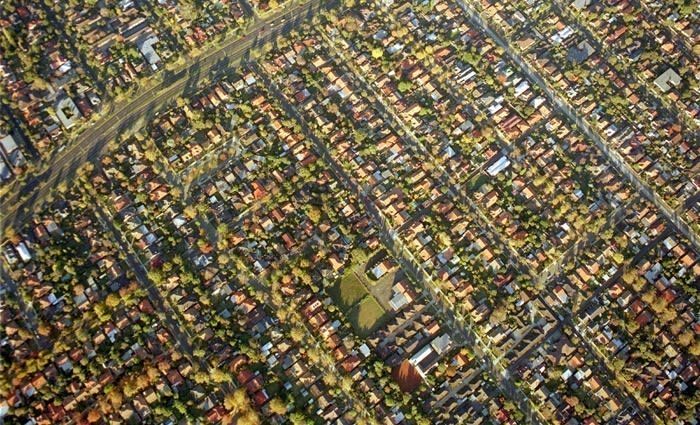Ask Margaret: Will bank LVR restrictions affect prices?
Hi Margaret,
With banks now restricted to only 80% LVR do you think this will significantly affect prices? I have two properties in Sydney. Both are renting for $450 per week
Before this announcement one was probably worth at least 800K (house on land 873sqm) and the other at least $500,000.
Do you think it's worthwhile seeing the yield is so low for my Canley vale property to sell it and buy 2 properties in Brisbane where the yield could be higher and I'll have two more properties despite losing 1?
Would this be still worthwhile seeing I have to pay capital gains tax (purchased 7 years ago for 446K) and taking into account all buying and selling fees.
I have considered more on using buyers agents as maybe they are not all spruikers.
Regards,
Allen
Hi Allen,
Firstly we must make clear that the banks are not technically restricted to only lending 80% (it's not law), and the new, tougher criteria being set by some banks is only targeting investors, with owner occupiers mostly not affected.
In response to The Australia Prudential Regulatory Authority's (APRA) calls for stricter controls around investment lending, banks like NAB and CBA have announced an end to pricing discounts for investors. ANZ have done the same, unless you have a PPR mortgage with them as well. Many lenders are also changing the maximum Loan to Valuation ratios (LVR) that they will allow for investors. As an example, BankWest will now apply a maximum LVR of 80% for all investment purposes (property and shares).
This means that you will still be able to access funding at higher LVRs if you're an investor, you'll just have to pay for it with an increased interest rate, or, more to the point, no access to the discounts which can usually be obtained if you negotiate well enough.
It's my opinion that this won't have a big impact on property prices, instead landlords will simply raise their rents to make up for the difference in their cash flows which the loss of these discounts will cause. We have to remember also that it's simply not suitable to say we are in a boom in the property market - I am sure the people of Adelaide and Perth would be quite surprised to hear they are in a boom, which making such sweeping claims infers. We should hope that this inappropriate move by lenders doesn't impact the property market, as many areas can ill afford anything else to stunt growth.
In terms of your property, I believe that, with or without these moves, people holding Sydney property may well find that the values stall a little in the coming 18 months anyway. The market has overshot the mark, with frenzied buying pushing prices up well over the intrinsic value of properties in many areas. When that happens and the market cools, as it always does, the values seen in the last phase of that boom often suffer and fall back a little. In your case you'll still be fine, as even with an adjustment in values, you've still made a really good gain.
While I believe that the Brisbane market is likely to run soon, that's not advice to sell what you have in Sydney. You could be up for a hefty capital gains tax bill which will eat into the returns. It can be better to instead leverage against the equity and hang on to property you already have, choosing to sell it at times when you know you will be in a lower tax bracket, such as when you have left the paid workforce.
As you have bought in to these areas while prices were a lot lower, I'm sure that your yields are pretty good, for you. Yield relates to what you paid for the property, not what it is worth, and as the property has gained so much value, you should be seeing a pretty good return on that initial investment.
In terms of a buyer's agent, just make sure that, if you choose to use one, they are a Qualified Property Investment Adviser (with the Property Investment Professionals of Australia) and that they have a broad based knowledge of all markets in Australia.
You want your adviser to be helping you to buy property in the best area at that moment in time, not just in the area where they personally happen to be active. You should also become as educated as you can about everything to do with investing (not just where to buy) before going any further. In my experience, those who take the time to become suitably educated first usually make better and more lasting choices and build stronger, better performing portfolios.
Have a property question? Ask Margaret!
